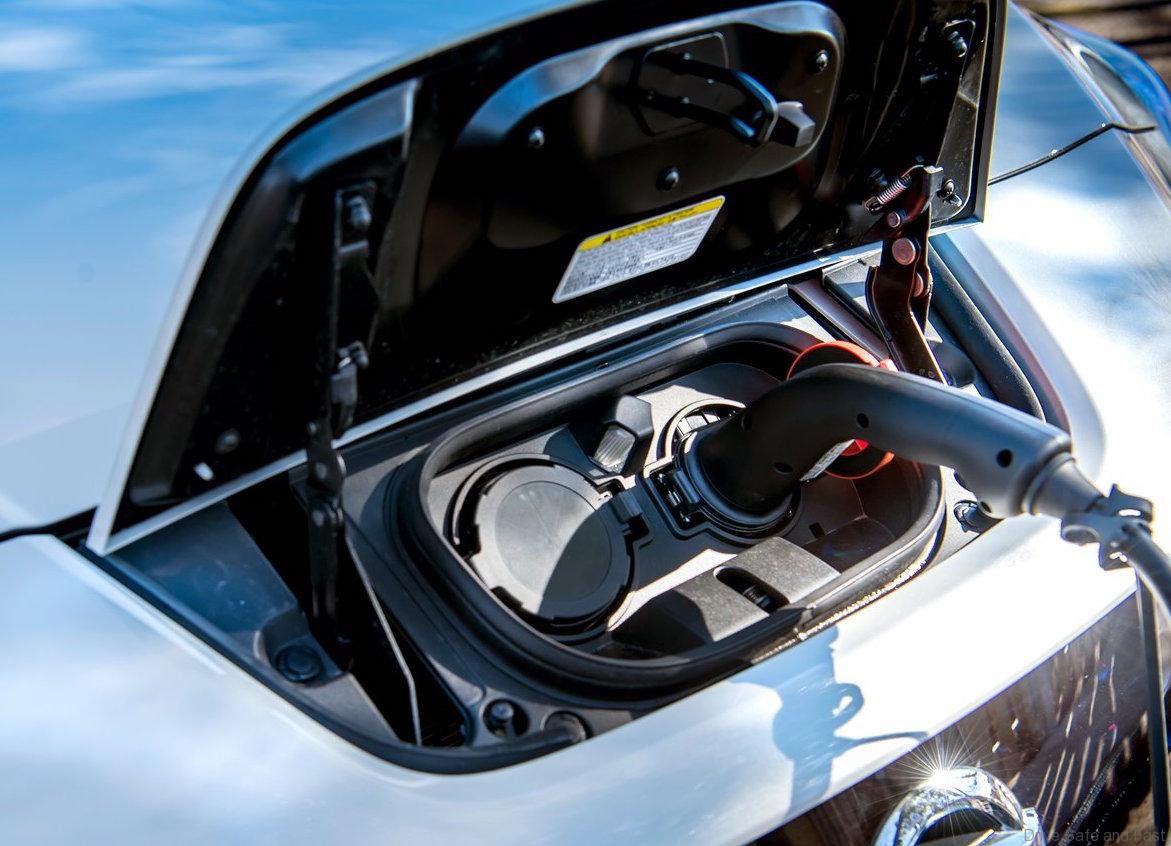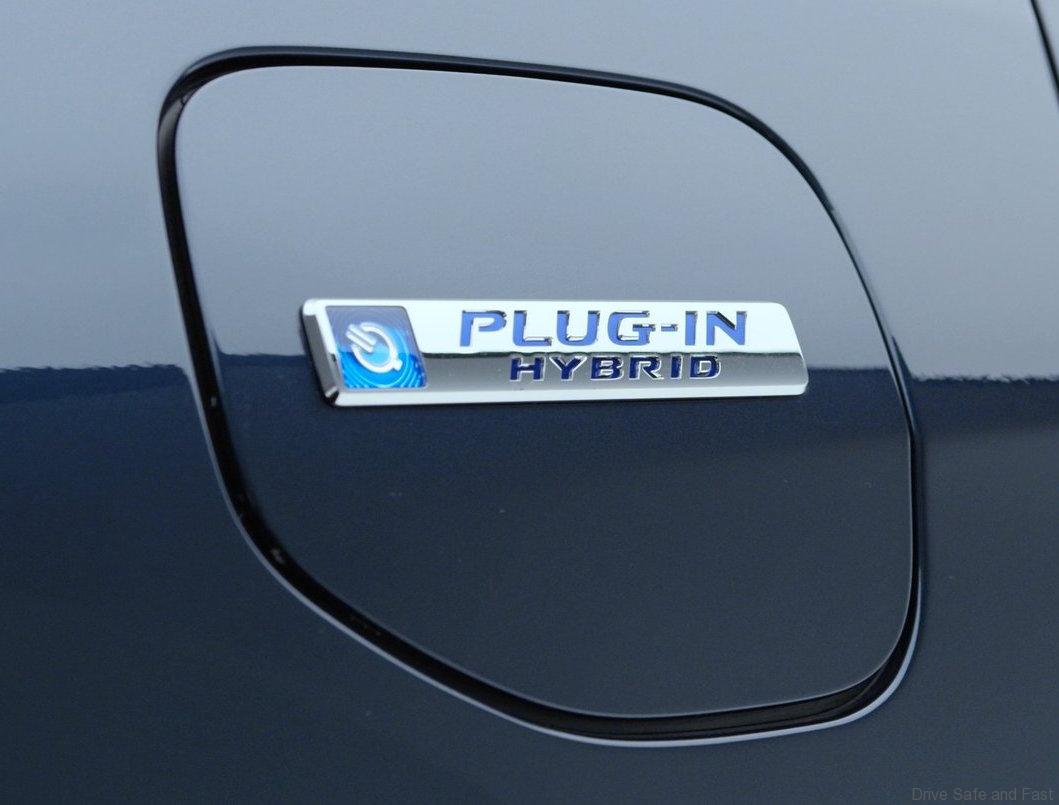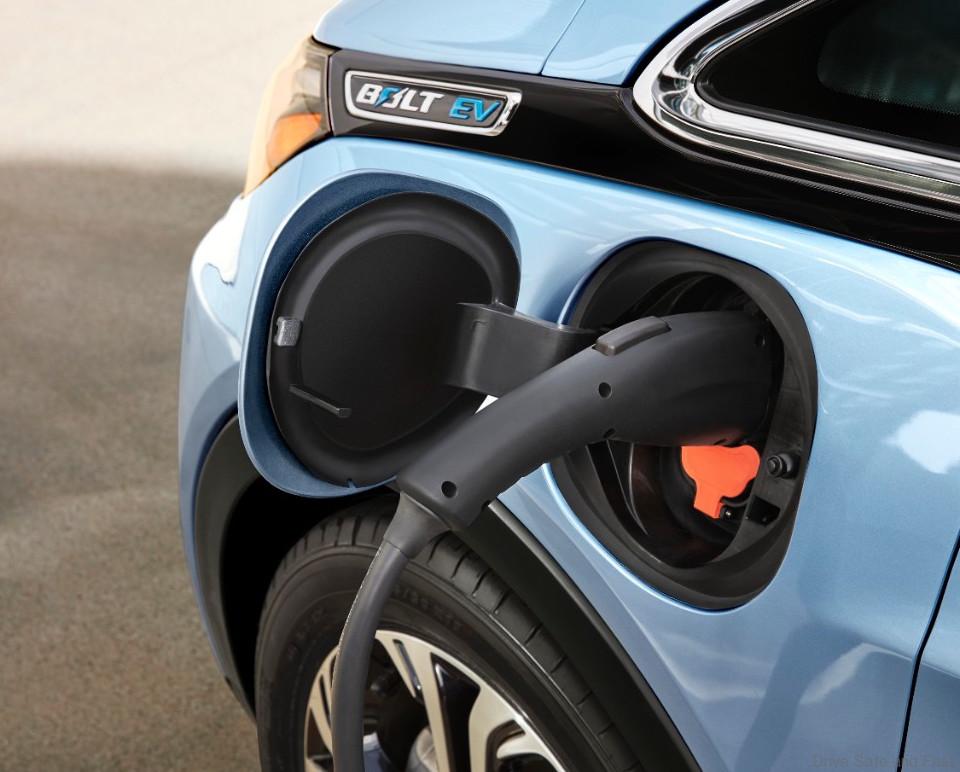Recently a few companies that have an interest in electric vehicle signed up to an agreement to work together. Called the “Transportation Electrification Accord,” it calls for organizations across various industries to work together toward a common goal. So far, the two biggest vehicle manufacturers involved are Honda and General Motors, but others such as BYD, Proterra, and Zero Motorcycles have also signed on. Utilities are represented by PG&E, Commonwealth Edison, and National Grid, to name a few. Environmental groups and advocacy organizations, including Plug In America, the Sierra Club, and the Union of Concerned Scientists are also onboard.
Accelerating an appropriate deployment of electric vehicle charging infrastructure based on market penetration projections along highway corridors, as well as throughout local cities and towns, is a critical element of electrifying transportation.
Consumers and EV owners will benefit greatly from a smart, efficient, and open architecture throughout the EV infrastructure. Ensuring interoperability throughout the EV architecture means that consumers should be able to roam easily among the different networks, with a common identification and authentication process, with as little hassle as possible. In addition, key consumer protection principles should be adhered to for all deployed EVSE regardless of the EVSE owner, including transparent pricing and open access policies. Drivers who charge in a manner consistent with grid conditions should realize fuel cost savings. Mapping locations and signage of the stations should also be provided for all consumers.




